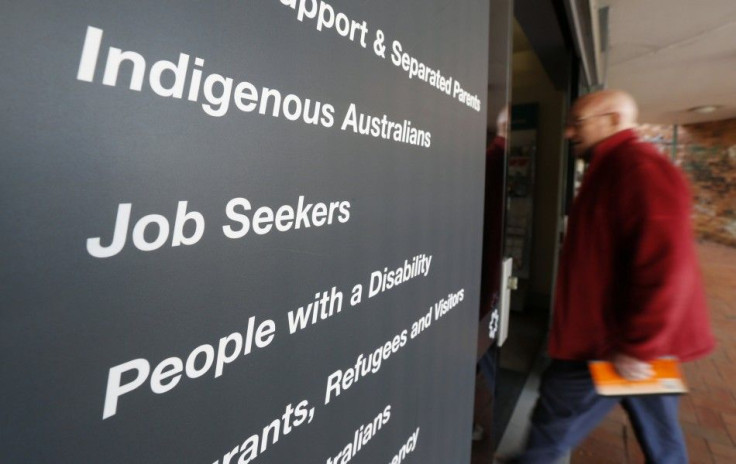Australia's Lacklustre Performance In Science and Innovation May Harm Economy

Australia's "mediocre" performance in the area of science and technology may affect the economy. Job opportunities may be lost if Australia does not improve its output to keep up with other developed countries.
In a report released by the Office of the Chief Scientist, it revealed the areas that Australia needs to bolster to compete with the United States, UK, Canada and countries in the EU. While the report found some areas of Australian research as among the best in the world, areas like student performance in global science tests, student performance, international patents and the collaboration between business and research remain lacklustre. These make Australia's average performance in all fields still low compared to most European countries in the report.
Professor Ian Chubb, Australia's chief scientist, said the country was not bad but it's not as good as it's capable of being. He called on the government to conduct a thorough investigation concerning Australia's approach in intellectual property after a report titled "Benchmarking Australian Science, Technology, Engineering and Mathematics" found that Australia was the only nation to have seen a decrease in its number of international patents in the past 10 years.
In the same benchmark report, China has recorded an increase in patents by more than 100 percent while Japan's intellectual property assets surged by almost 300 percent.
Chubb also said the performance of Australian students in international science tests were also "pretty disappointing" as the country was outperformed by seven countries in 2012 compared with only three in 2003, The Age reports. The Office of the Chief Scientist report was presented at the Commonwealth Science Council inaugural meeting which was chaired by Prime Minister Tony Abbott last week.
The chief scientist also noted that the country's collaboration between businesses and the research sector remains low. Chubb believes boosting this area can triple the likelihood of business growth. He hopes the government will be able to do something to stimulate collaboration to create more job opportunities. It was previously reported in September that Australia's investments in research and development has fallen to its lowest in 30 years.





















